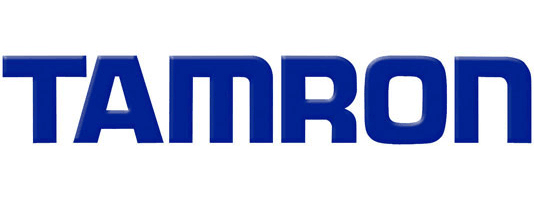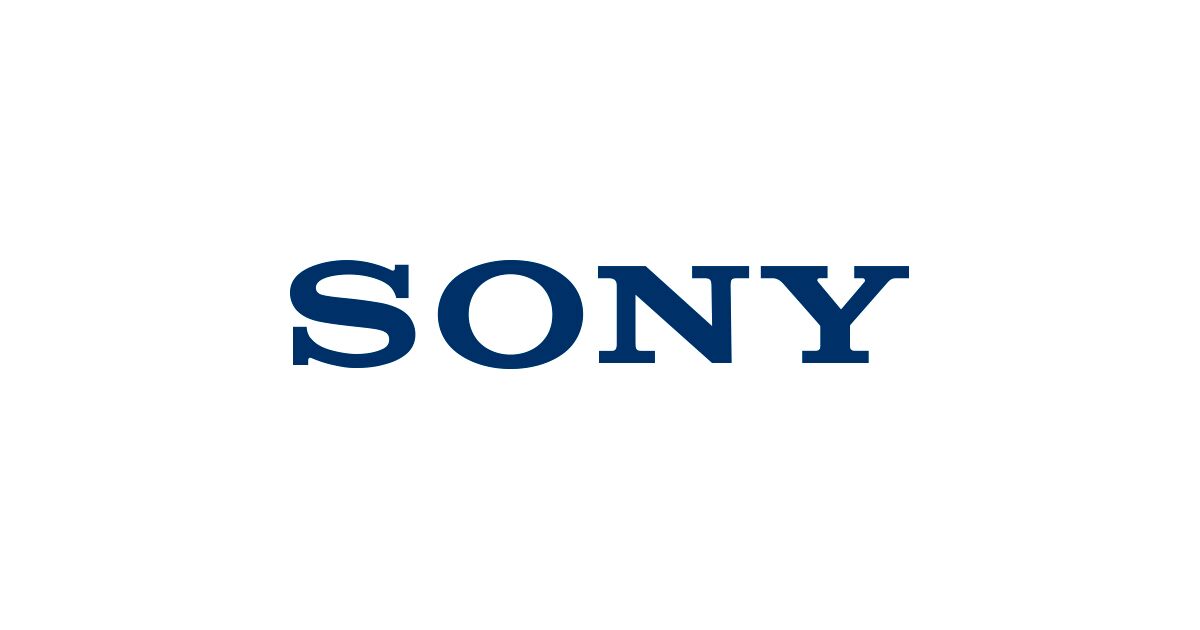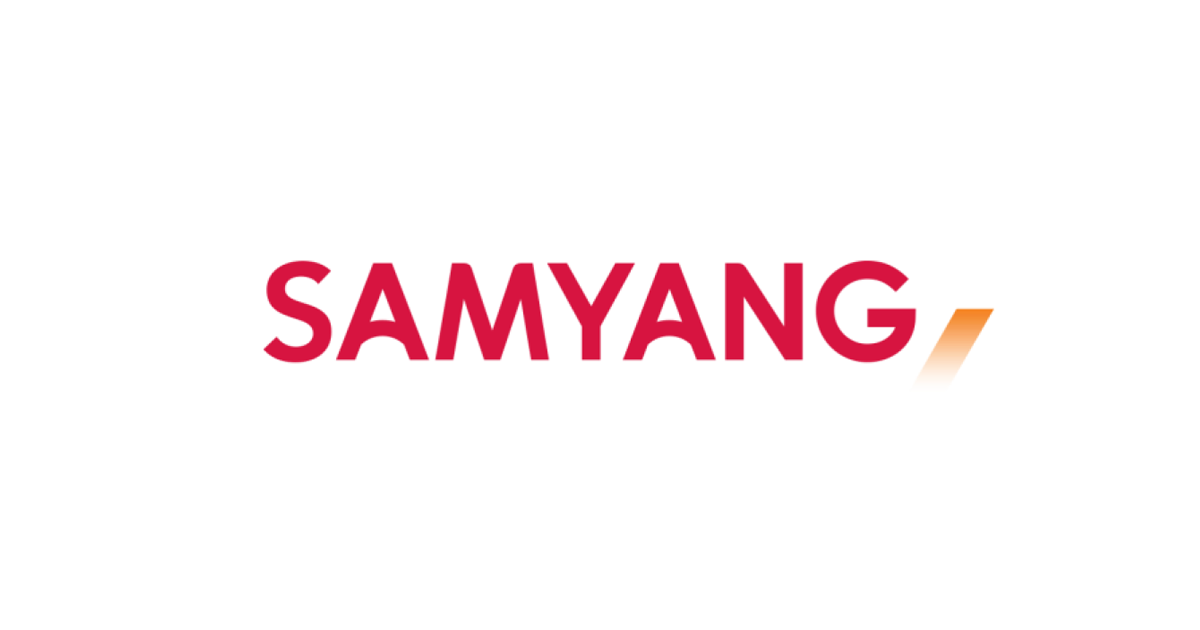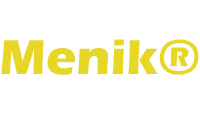Blockchain technology has been gaining increasing popularity in recent years due to its potential to revolutionize various industries, including finance, healthcare, supply chain management, and more. One of the most promising applications of blockchain technology is in the realm of digital identities. With the growing concerns over identity theft, fraud, and privacy breaches, creating secure and reliable digital identities has become a top priority for governments, corporations, and individuals alike.
Traditional methods of identity verification, such as usernames and passwords, are no longer sufficient to protect sensitive personal information in today’s digital world. These centralized systems are prone to hacking, data breaches, and identity theft, leading to significant financial and reputational damage for individuals and organizations. Blockchain technology offers a decentralized and secure alternative for managing digital identities, providing a tamper-proof and transparent record of individuals’ information.
Blockchain technology operates on a distributed ledger system, where transactions are recorded across multiple nodes in a network. Each block in the blockchain contains a cryptographic hash of the previous block, creating a chain of blocks that are linked together in a secure and immutable manner. This makes it virtually impossible for hackers to alter or manipulate the data stored on the blockchain, ensuring the integrity and security of digital identities.
One of the key benefits of using blockchain technology for digital identities is the concept of self-sovereign identity. With self-sovereign identity, individuals have full control over their personal information and can choose who they share it with, eliminating the need for centralized authorities to verify and authenticate identities. This not only enhances security and privacy but also empowers individuals to manage their digital identities in a more secure and efficient manner.
Blockchain-based systems for digital identities can also streamline the process of identity verification and authentication, reducing the time and cost associated with traditional methods. By storing personal information on a decentralized blockchain network, individuals can securely access their data from anywhere in the world, eliminating the need for multiple identity documents and passwords. This can enhance user experience and convenience while ensuring the security and integrity of digital identities.
In addition to managing personal identities, blockchain technology can also be used to verify the identities of organizations, devices, and other entities in the digital ecosystem. By creating unique digital signatures for each entity and storing them on a blockchain network, it becomes easier to authenticate and authorize transactions, interactions, and communications between different parties. This can help prevent fraud, counterfeiting, and unauthorized access, creating a more secure and trustworthy digital environment.
The adoption of blockchain-based systems for digital identities is still in its early stages, with numerous challenges and obstacles to overcome. One of the main challenges is interoperability, as different blockchain platforms and systems may not be compatible with each other, making it difficult to exchange information and verify identities across different networks. Standardization and collaboration among industry stakeholders will be essential to address this challenge and create a unified framework for managing digital identities on the blockchain.
Another challenge is privacy and data protection, as storing sensitive personal information on a public blockchain network can raise concerns about data security and confidentiality. Solutions such as zero-knowledge proofs, homomorphic encryption, and decentralized storage can help address these concerns and ensure that personal information is kept secure and private while still being accessible when needed. Compliance with data protection regulations, such as GDPR, will also be crucial to ensure that digital identities are managed in a legal and ethical manner.
Overall, blockchain-based systems for secure digital identities have the potential to revolutionize the way we manage and protect personal information in the digital age. By leveraging the security, transparency Anex System, and decentralization of blockchain technology, individuals and organizations can create a more secure, efficient, and trustworthy digital identity ecosystem. With continued innovation and collaboration, blockchain technology can help address the growing challenges of identity theft, fraud, and privacy breaches, paving the way for a more secure and resilient digital future.

















